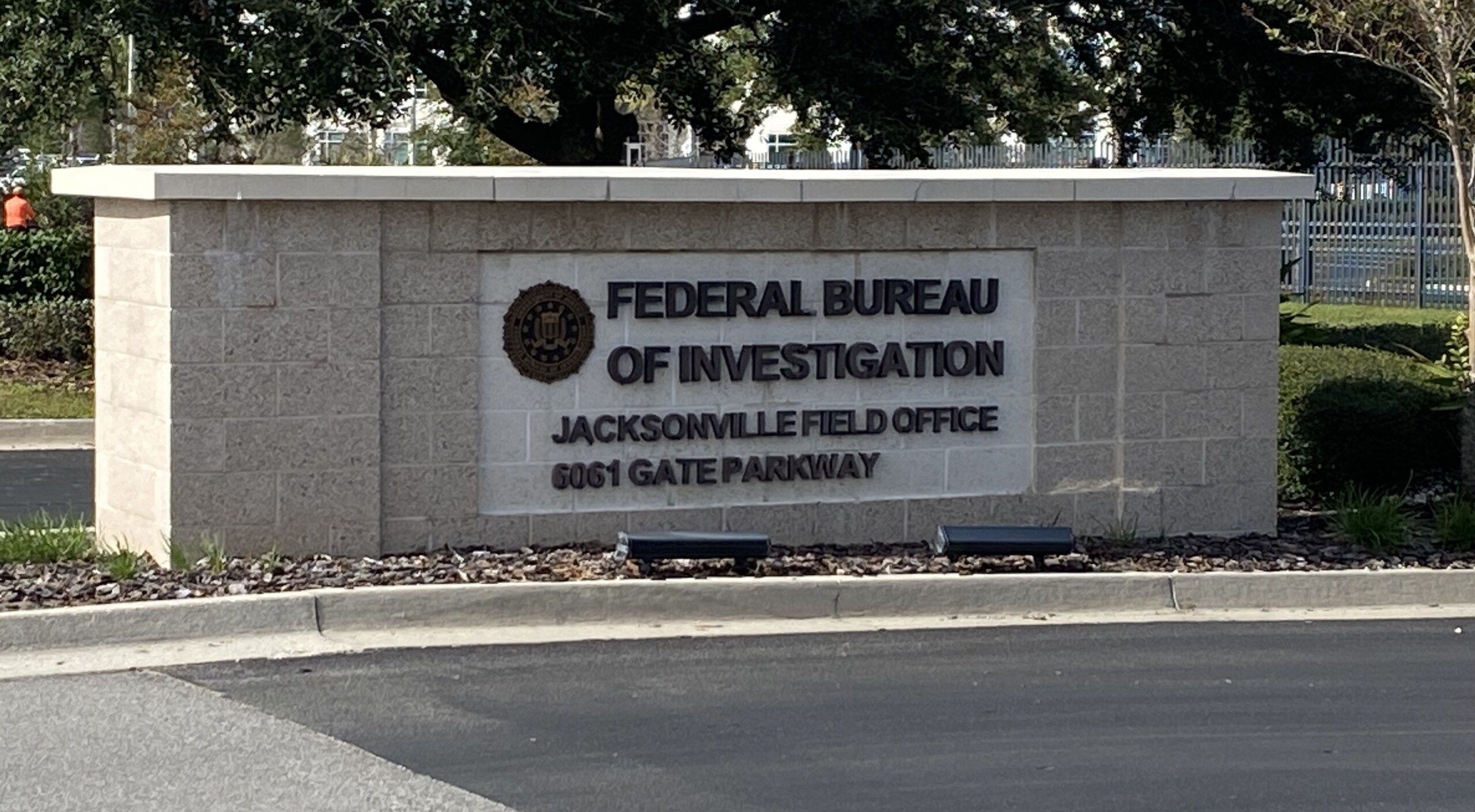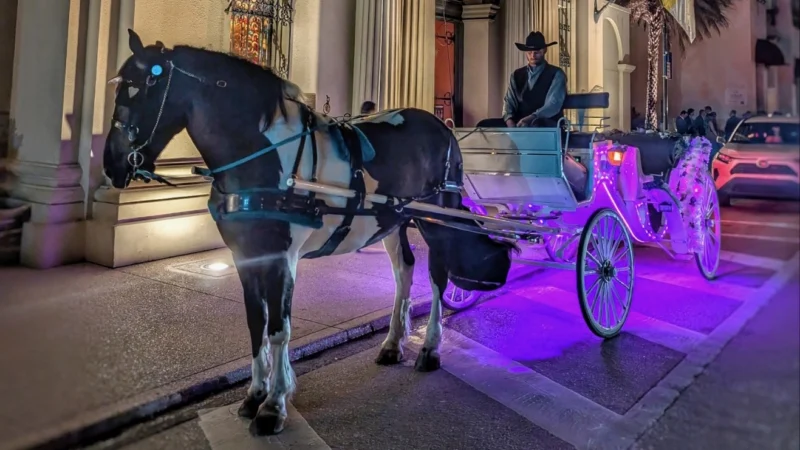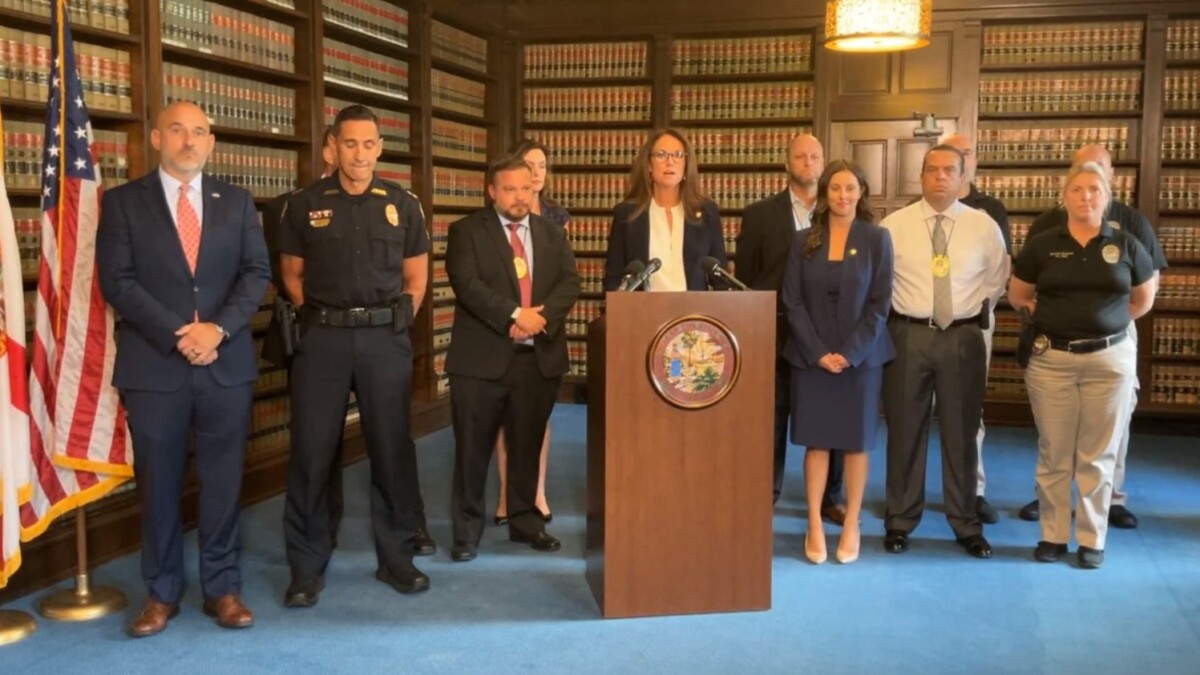
Ordinance 2024-334, recently introduced by six members of City Council, is designed to insert a category of offenses commonly known as “hate crimes” into almost every area of Jacksonville’s ordinance code. In some portions of our ordinance code it does so by specific reference, in other areas by default.
What this legislation really does is criminalize speech.
Here’s the language used in the proposed ordinance: “If the violation was committed with the primary purpose of expressing, or attempting to promote, animosity, hostility or malice against a person or persons [or against their property] because of race, color, religion, sex, sexual orientation, gender identity, marital status, national origin, age or disability, the fine and jail penalties authorized herein may be enhanced up to triple the assessed fine and/or jail penalty.”
Let’s be clear. There is no excuse for threatening someone with bodily harm or damaging their property. Neither is there any excuse for inciting violence. These are already against the law.
But the terms used in this legislation – “animosity” and “hostility” – are unconstitutionally vague and so difficult to interpret that the legislation never bothers to define them.
As an example of how far-reaching this ordinance is, consider how it amends Jacksonville’s “Noise Control Ordinance.” As it’s currently written, our noise laws make it illegal to use any amplified sound louder than 65 decibels, i.e., the decibel level in normal conversation, that can be heard from the public right-of-way or any nearby property.
Consider what could happen under 2024-334 if a local church decided to conduct an outdoor tent meeting using sound amplification. If one of the church elders mounts the stage and begins inveighing against same-sex marriage and if, as is likely, the amplified sound carries over into the public right-of-way or a neighboring property at a level of 66 decibels, that would be a noise violation.
If 2024-334 passes into law and the powers that be decide the elder’s speech was intended to foster “animosity” or “hostility” towards LGBTQ people, the noise violations is now a criminal offense subject to a $1,500 fine and up to six months in jail.
The authors of Bill 2024-334 also manage to insert “hate crime” language into Jacksonville’s sign code.
The existing sign code was written to prohibit the placement of so-called “snipe” signs on public property and imposes a maximum fine of $150 for each violation. The proposed law would bump the fine to $450 per sign if it was deemed to promote “animosity” or “hostility” toward any protected group.
In this case imagine that a local political organization decides to hold a town hall event opposing illegal immigration with an emphasis on the potential security threat posed by “migrants” crossing the Southern border from the Middle East. To promote the event, organizers print up 200 signs to be displayed on private property.
So, what happens if 10 of the signs are inadvertently posted on public property? What happens if 20 signs are maliciously removed from their location on private property and placed in the right-of-way for the purpose of sabotaging the event?
Under Jacksonville’s sign code, the person or organization that caused the sign to be printed is automatically assumed to be guilty of any illegal placement.
So, is a town hall event that focuses on the potential terrorist threat posed by those illegally entering the U.S. promoting “animosity” or “hostility” based on national origin? Are the event organizers going to be hit with draconian fines as a result?
Whichever way you lean on those questions, the proposed new law is in violation of Section 656.1316 of Jacksonville’s existing sign code, which explicitly prohibits limitations based on a sign’s content or message.
What I find just as concerning about this legislation is its preamble, i.e., the series of “whereas” clauses routinely inserted into pending legislation to justify its passage.
Among its many assertions is that there have been “dramatic” and “massive increases” in hate crimes throughout the U.S. and, by implication, here in Jacksonville.
But is this true?
In 2022, 11,288 “bias-related crimes” were reported to the FBI, an increase of 544 over the previous year.
When compared, however, to the 7.7 million violent and property crimes reported in the U.S. in 2022, bias-related crimes comprised less than two-tenths of 1% of the total number of crimes.
Consider also that not every hate crime that’s reported to authorities stands up under scrutiny.
In the period between 2005 and 2019, federal prosecutors concluded investigations into a total of 1,878 persons suspected of hate crimes. Of those investigated only 17% were ever prosecuted largely because there was not enough evidence to support formal charges against the remaining 83%.
Does a lack of sufficient evidence mean no hate crime was committed? No, it doesn’t. But it does suggest that at least some crimes alleged to have been motivated by bias had been falsely reported.
What about in Jacksonville?
In 2021 and 2022 a combined total of approximately 134,000 violent and property crimes were reported in Duval County. Of those only 24 were classified as hate or bias related. That’s less than two one hundredths of one percent of all reported crimes!
The slaughter of innocents at the Dollar General in 2023 by a Clay County resident notwithstanding, Jacksonville does not have a hate crime problem that could be described as statistically significant. Certainly not one that would justify anything as comprehensively intrusive as proposed Ordinance 2024-334.
When politicians choose to engage in the kind of exaggeration and rhetorical excess found in the preamble contained in 2022-334 it’s like holding up a mirror to the citizens of Jacksonville and claiming the image it reflects is one hate and bigotry. It’s an unjustified ad hominem attack on an entire city.
We live in an age where mere disagreements over policy and politics are routinely attributed to so-called hate and are accompanied by follow-on demands to muzzle anyone who says anything objectionable. These attempts to regulate constitutionally protected speech must stop. The remedy for speech we don’t like is more speech, not enforced silence. The antidote for a bad idea is a better one.
Either we come to embrace the bedrock principle of free speech and live on as a free society, or we succumb to the Orwellian instincts of an emerging authoritarian class bent on silencing anyone who offends them.
It’s either or. There is no in between.







